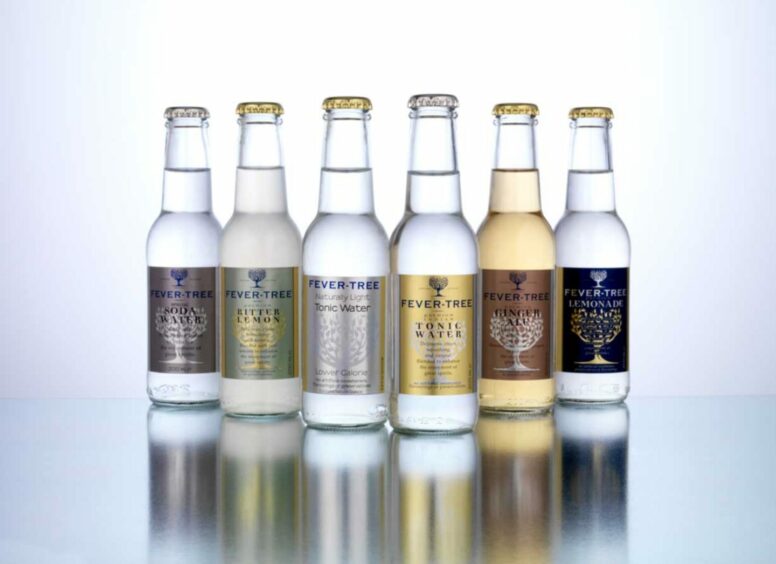Drinks mixer firm Fever-Tree is the latest business to warn the ongoing conflict in Ukraine will affect its prices.
The group warned commodity costs have risen “dramatically” in recent weeks because of the “terrible events” happening in Ukraine adding this has created “significant uncertainty” for its costs.
Hospitality facing daily price rises
The announcement that the price of mixer is likely to rise comes as another blow to the fortunes of hospitality businesses and their customers across the north and north-east.
General manager of The Chester Hotel Stephen Gow said the news that the cost of tonic could also increase came as “no surprise”, as rising commodity costs were a “daily occurrence” for the hospitality industry.
Mr Gow said: “Price rises to due global supply chain issues and commodity costs are a daily occurrence for all hospitality businesses in 2022, so the news that tonic may be the next product to be affected is no surprise.
“The reintroduction of the 20% VAT on soft drinks from 1 April from the reduced 12.5% rate also adds pricing considerations.”
Prices across the board
Mr Gow added: “It’s not just drinks and produce prices which are rising.
“Following two years of severely disrupted trading and the Scottish Christmas that ‘wasn’t’, energy costs are soaring and staff costs are also on the rise.
“UK Hospitality’s recent survey showed that the sector is facing 41% increases in energy costs, 19% in labour costs and 21% in insurance costs.
“It found that prices across the sector were set to rise by an average of 11% this year.”
Fever-Tree said it now expects underlying earnings of between £63 million and £66m this year as the cost pressures add to already steep rises in inflation.
The Lonsdontcompany said: “Commodity prices have increased dramatically in recent weeks because of the terrible events unfolding in Ukraine, and this has created significant uncertainty in relation to input costs.”
It had already issued an alert over the impact of inflation on 2022 earnings in January, before Russia’s invasion of Ukraine.
It reported pressure on its profit margin last year due to rising costs and disruption caused by global supply chain problems.
The company was hit by lorry driver shortages, soaring transatlantic freight charges and US storage costs.
It said it has been taking action to reduce the impact, ramping up local production on the East Coast of America, alongside a fully functioning West Coast production line, to help reduce shipping costs.
But this will offset only some of the ongoing cost pressures, according to the group.
Cost of living crisis
The devastating escalation of Russia’s aggression against the Ukraine has also unleashed consequences across the globe.
Commodities such as wheat and soy have reached record prices due to fears of a shortage of supply.
Sanctions imposed by the West on Russia have caused oil and gas prices to reach 14-year highs in recent days.
However, oil fell below $100 a barrel on Wednesday on welcome signs of progress in Russia-Ukraine peace talks and a report that cut its forecast of world demand energy demand.
The cost of oil has had impact on forecourt fuel prices, which have also hit record prices in the UK although this is expected to ease as wholesale prices fall in line with the price of a barrel of crude.
Rising costs were worrying for hard hit households even before the Ukraine crisis.
Energy bills had already been set to soar by nearly £700 after regulator Ofgem lifted the price cap by more than 50% from April.
Consumers could be forced to pay up to £1,977 per year now, an increase from £1,271.
Meanwhile the Bank of England is expected to raise interest rates further on Thursday on warnings that rocketing inflation will see the worst hit to household income for at least 32 years.


